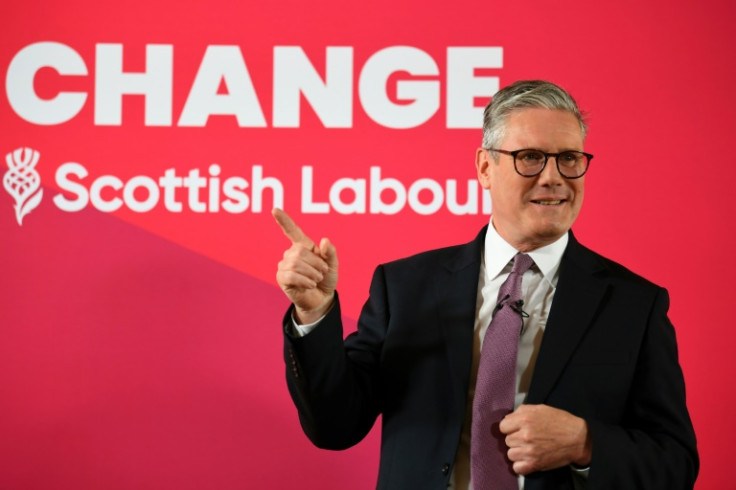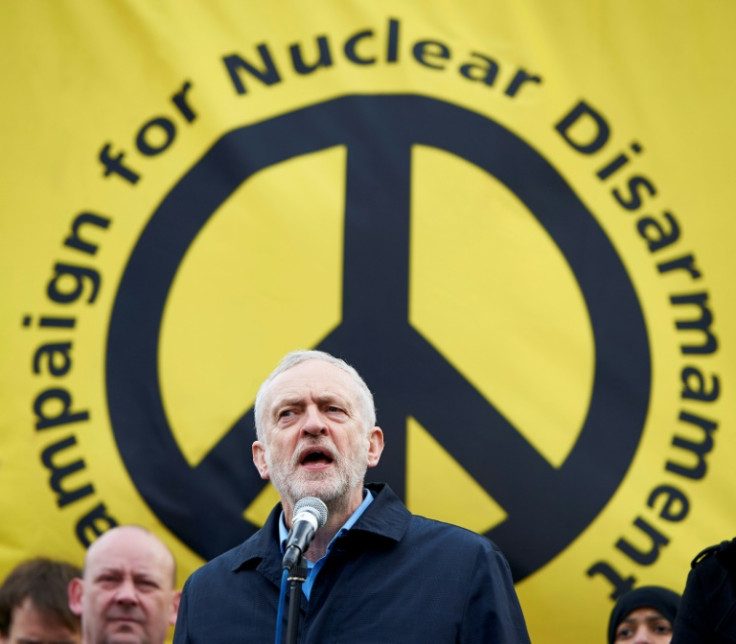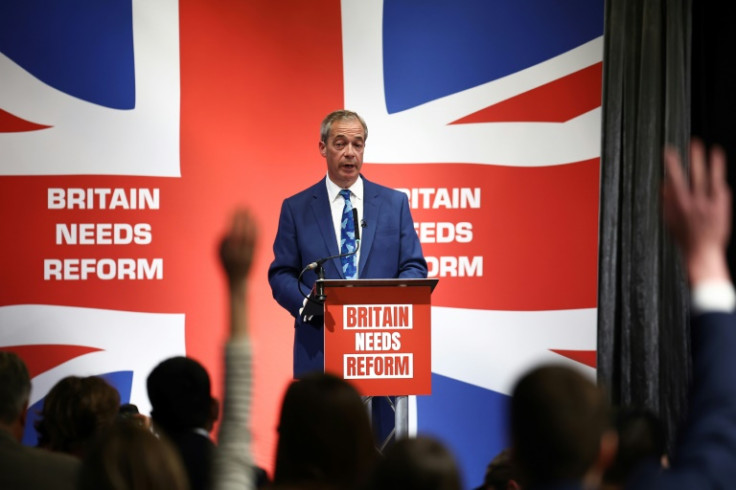
Brexit figurehead Nigel Farage announced Monday he will stand at the UK general election next month, in a major U-turn that threatens to split the right-wing vote and further imperil the beleaguered ruling Conservatives.
Farage, 60, said he will run for the anti-immigration Reform UK Party in a eurosceptic seat in southeast England, less than two weeks after ruling himself out of the July 4 contest.
He will also return as party leader.
The populist ex-member of the European Parliament (MEP), who has failed on seven previous attempts to be elected to the UK parliament, said he changed his mind after hearing from voters.
His decision could divert key votes away from Prime Minister Rishi Sunak's embattled Tories in numerous seats, and could help the Labour opposition seize power for the first time since 2010.
Farage, a longtime vocal supporter of former US president Donald Trump, was unapologetic, insisting that his party could become the UK's main opposition.
"What I'm really calling for, and what I intend to lead, is a political revolt -- a turning of our backs on the political status quo," he told a London press conference.
"I genuinely believe we can get more votes than the Conservative party," he added, predicting polls showing a Labour landslide and the Tories in a distant second would shift in his favour.
Farage told the Sunday Times at the weekend that he was eyeing a "takeover" of the Conservatives post-election.
In further bad news for the Tories, a new YouGov poll predicted Labour was on track for its best-ever election result and could win 422 of the 650 seats in parliament.
The Conservatives would win just 140 seats in what would be its worst result since 1906.
Earlier Monday, Labour leader Keir Starmer vowed to protect Britain's nuclear arsenal, seeking to show voters that his party can be trusted on national security.
Defence -- traditionally the Tories' strong-point and seen as a weakness of Starmer's leftist predecessor Jeremy Corbyn -- is a key battleground issue.
Starmer insisted centre-left Labour was "the party of national security", stressing it has changed since Corbyn lost by a landslide to the Tories under Boris Johnson at the last vote in 2019.
Corbyn was seen by critics as weak on defence because of his support for nuclear disarmament, ambivalence towards NATO and failure to categorically condemn Russia over high-profile poisonings on British soil.
Labour, well ahead in opinion polls for the last 18 months, also wants to increase defence spending to 2.5 percent of gross domestic product (GDP), up from 2.3 percent currently.
Starmer said during a speech in northern England that his party was "totally committed to the security of our nation, to our armed forces, and, importantly, to our nuclear deterrent."
Sunak put Britain's safety on the ballot paper last month when he claimed that Britain would be less safe under Labour.
The Conservatives argued several members of Starmer's top team have in the past voted against renewing Britain's Trident nuclear deterrent.
One of Starmer's first tasks if Labour is elected would be to attend NATO's 75th anniversary summit in Washington on July 9-11.
Political scientist James Strong said Starmer was adopting a "safety first" approach to global issues such as nuclear weapons, NATO and the war in Ukraine by toeing a similar line to the government's.
"He has actively avoided staking out a distinctive position on foreign affairs, in part as way of signalling that he is not Jeremy Corbyn," Strong, from Queen Mary University of London, told AFP.
"That makes sense, since most voters won't base their vote on foreign policy issues, and on these particular higher salience issues, continuity is broadly what they want."
On Monday, the Tories sought to shore up their right-wing support base by pledging that they would amend Britain's equality law if they win a fifth consecutive term.
The reform would mean biological sex alone would determine who could use single-sex spaces, Equalities Minister Kemi Badenoch said.
Labour has accused the ruling party of stoking a culture war.










